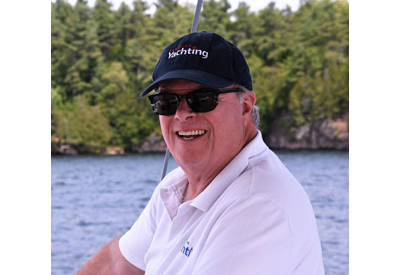Electric Vehicles and the future

June 20, 2023
I wanted to share a few of the thoughts from Eric Reguly’s Opinion column in the Globe & Mail from last Saturday, June 17. It certainly gave me pause for thought. The headline was, “Your next EV could be made from metals extracted from the seabed – a potential disaster.”
Electric vehicles are now being mandated by governments all over the world as a way to slow or stop the release of carbon that impacts the environment. Reguly wrote that the U.S. Inflation Reduction Act will send billions in subsidies to companies in the “green transition” and California’s Advanced Clean Cars II regulations are expected to deliver a 50% market share to EVs by 2030 – a mere seven years from now.
Reguly has written about this before but it’s concerning that he is one of a very few speaking out about the potential cost of all these EVs and the “rare earth metals” that they require. His article stated that a regular car uses about 30 kilograms of these metals, mostly copper and manganese. According to the IEA, a typical EV uses about 205 kilograms of copper, lithium, nickel, manganese, cobalt and graphite.
Apparently, the Norwegian government is considering mineral exploration and extraction near Svalbard, it’s archipelago in the Arctic and you would have to assume that this will result in huge machines scraping the seabed for rare earth materials without much regard to coral or other ecosystems that have so far, never been touched. What will be the result?
The Washington Post recently reported that the high-pressure, acid-based nickel-leaching process used in Indonesia, the world’s largest producer of copper, generates 20-tonnes of planet-warming carbon dioxide for every tonne of nickel.
Reguly wrote that some 700 marine scientists have signed a petition to pause this rush to mine the seas until there is an assessment of the potential environmental calamity. Good luck with that.
What we don’t see, we don’t care about but after a record-breaking summer of wildfires in Canada and recently, devastating floods in B.C. and elsewhere, it’s getting harder and harder to deny climate change.
His column concluded with the reminder that most of the world’s electricity is generated by fossil-fuel-fired plants and Reguly ends by saying that promoting EVs as part of the solution to climate change, is fraud on a global scale.
Does the marine industry care about the oceans? About fish? About the future?
Are governments all over the planet advancing the idea of EVs as our environmental savior or is this just a politically convenient solution?
Andy Adams – Editor



























